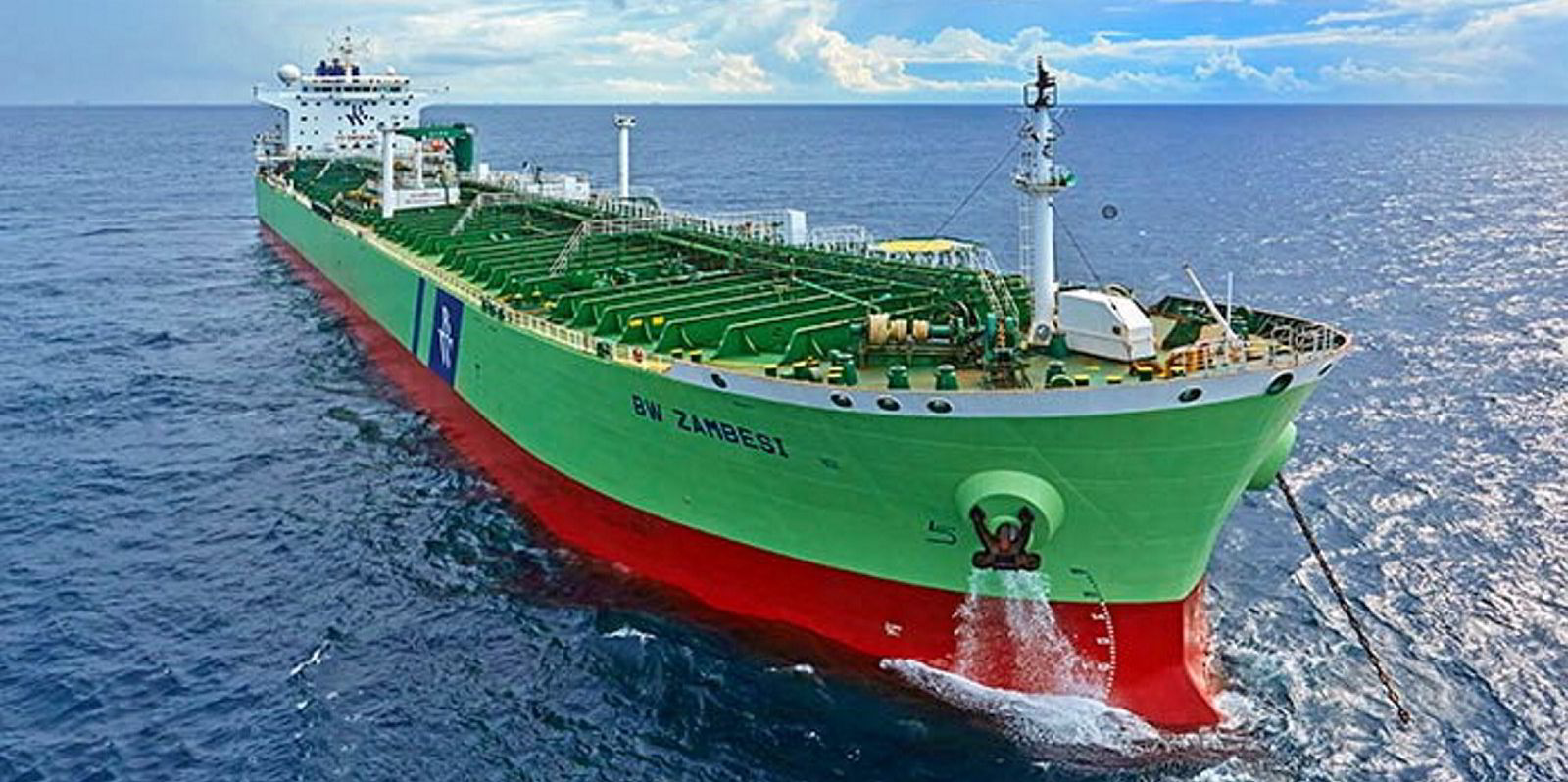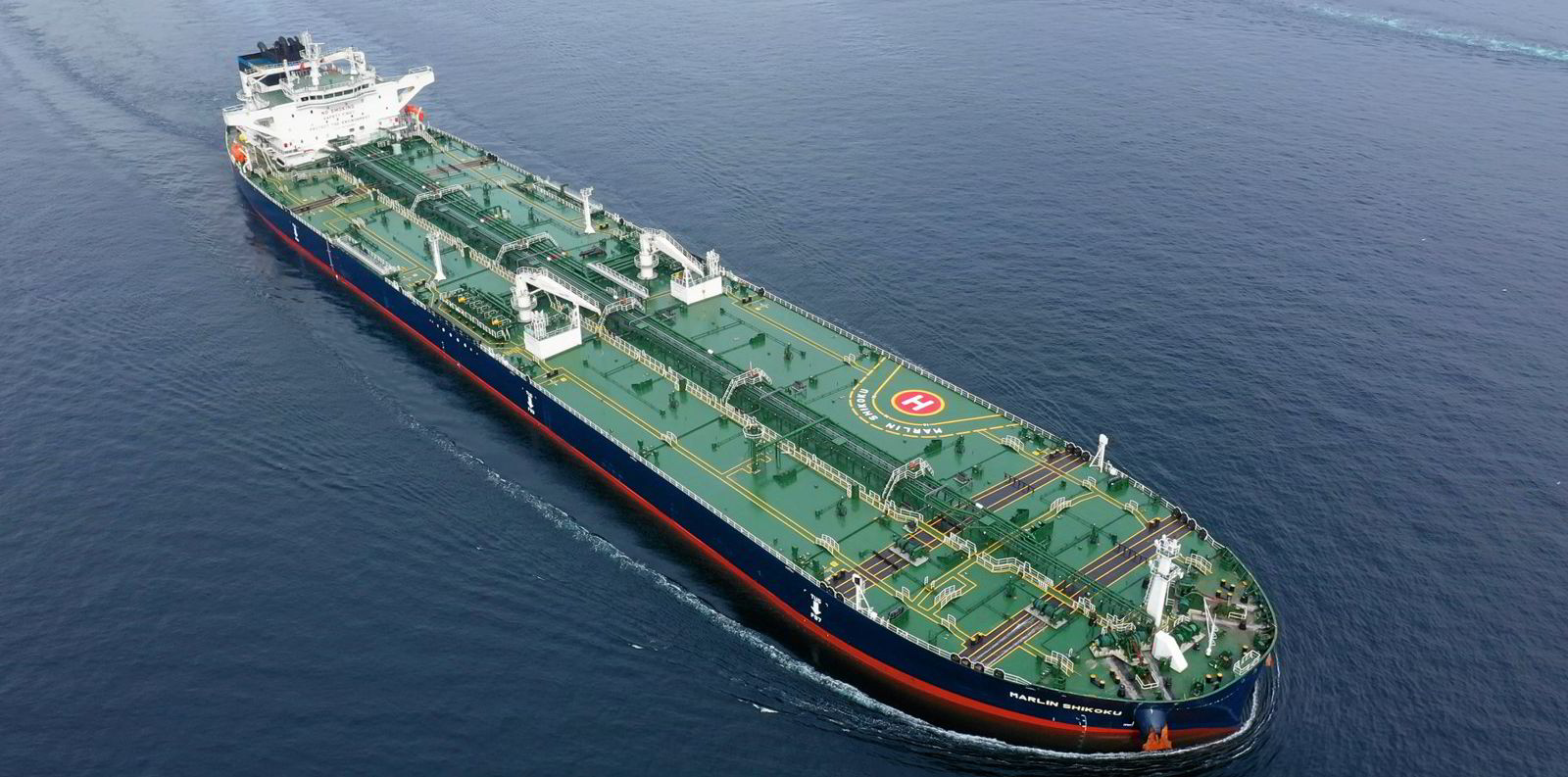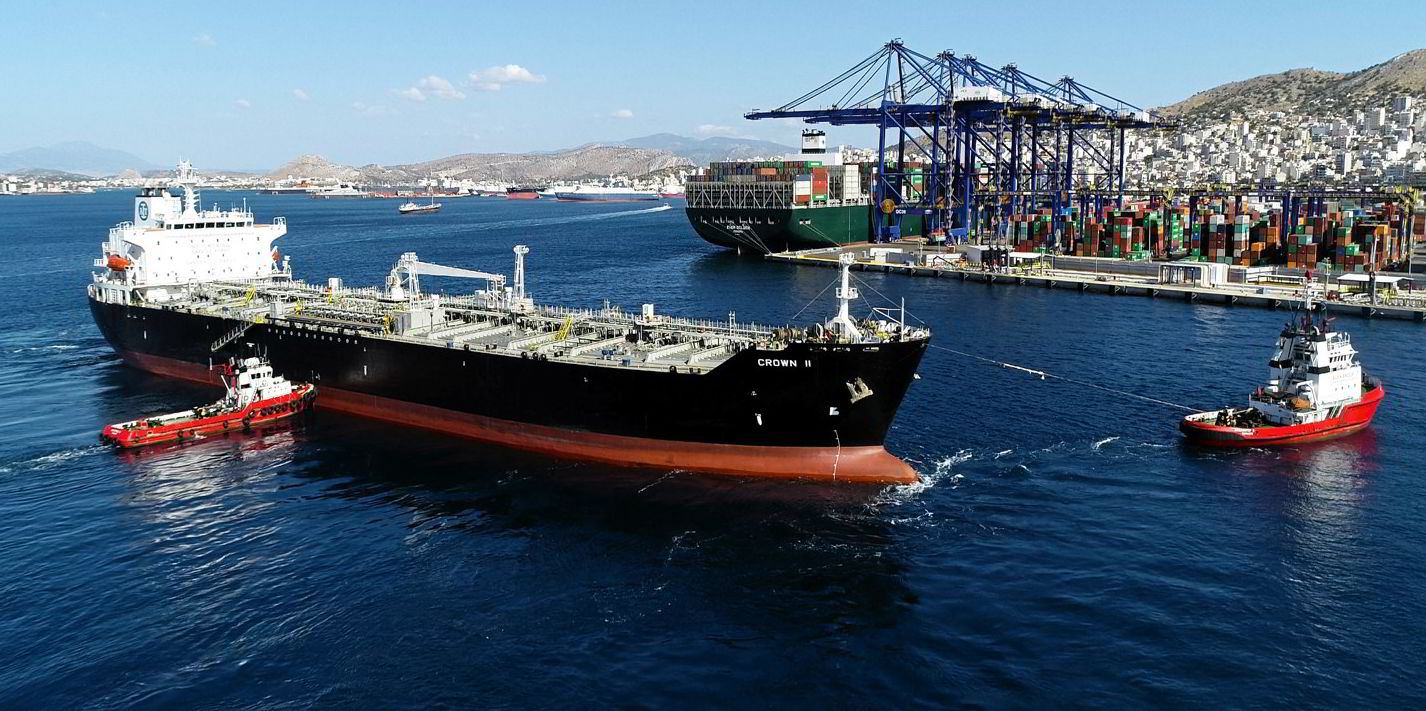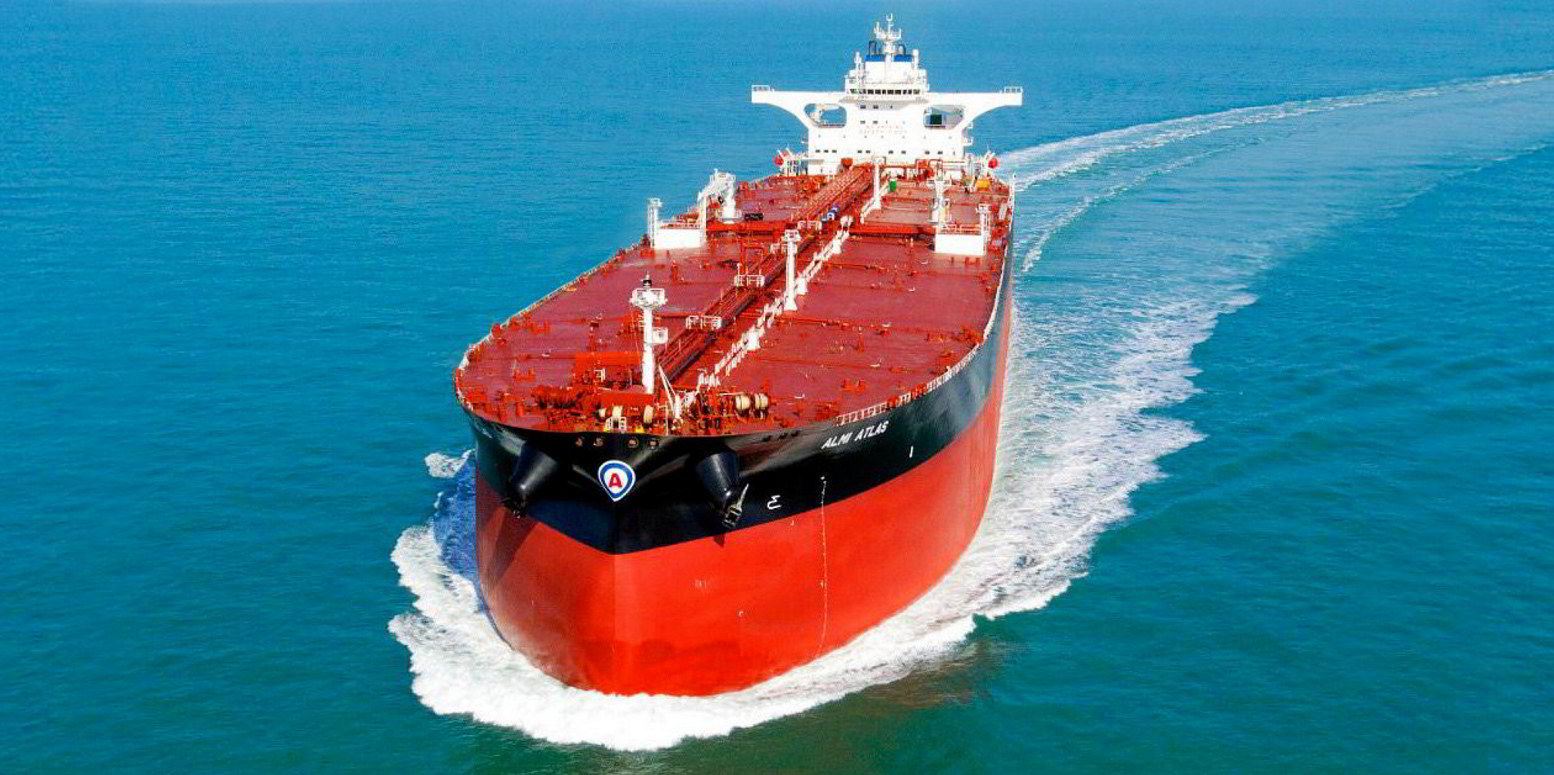The opening of a major new Nigerian oil refinery, potentially next year, could spell bad news for the regional tanker trades, a top US shipbroker has warned.
When it is commissioned, the Dangote refinery will dramatically change the crude oil and refined product balances in Nigeria and the wider West Africa region, according to Poten & Partners.
The facility, which is situated in the Lekki Free Zone on Nigeria’s coast, about 30 miles east of the commercial capital of Lagos, is the brainchild of Africa’s richest person, Nigerian businessman Aliko Dangote.
Early plans for the refinery were unveiled in 2013 but major construction began only in 2017. The earliest commissioning date for the refinery is said to be in early 2022.
However, Poten said industry sources suggest that the start-up could be pushed back by up to a year due to delays caused by the Covid-19 pandemic.
According to Dangote’s website, the 650,000-barrel per day (bpd) refinery will be able to meet 100% of Nigeria’s refined product needs and will have a surplus available for export.
The company claims that the plant will yield 327,000 bpd of gasoline, 244,000 bpd of gasoil/diesel, 56,000 bpd of jet fuel/kerosene, as well as 290,000m tonnes per year of propane/LPG when fully operational.
The Nigerian National Petroleum Corporation (NNPC) recently announced that it will supply 300,000 bpd of crude oil to the new refinery.
The shipbroker said that once the Dangote refinery is fully operational, Nigeria’s crude oil and product flows will “change dramatically”.

“At the moment, Nigeria exports almost all its crude oil because none of its domestic refineries are currently operational,” Poten said.
“Nigeria exports its crude to a diverse group of countries, both in the Atlantic Basin and the Pacific and unlike some other OPEC producers which favour terms deals, Nigeria sells most of its crude on the spot market.”
In 2019, Nigeria exported about 2m bpd with about 900,000-bpd, or 45%, going to Europe and a further 178,000-bpd to the US East Coast. The rest, some 545,000-bpd, was exported to Asia while smaller volumes went to the US West Coast.
However, recent production problems in Nigeria, along with problems caused by the pandemic, have reduced exports by some 25%, which has impacted all export destinations.
Poten said suezmaxes are the “vessel of choice” on this trade based on the export destinations.
Suezmaxes have maintained a market share of about 75% over the last five years, with VLCCs representing 25%.
“A significant decline in Nigerian exports resulting from the startup of Dangote would therefore primarily hurt the suezmax segment,” the shipbroker said.
On the product side, Poten said the impact will be felt on both the LR1 and the MR/handysize segments, with Nigeria importing on average some 470,000 bpd of refined products of which 350,000 bpd was gasoline annually over the last three years.
“This import trade will likely disappear when the new refinery starts operating,” Poten said.
“While Dangote may generate some export business, the net effect on the product tanker trades will be negative.”





